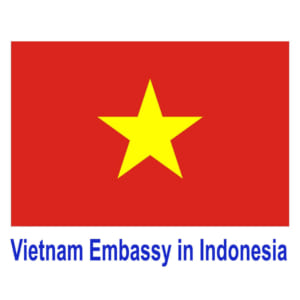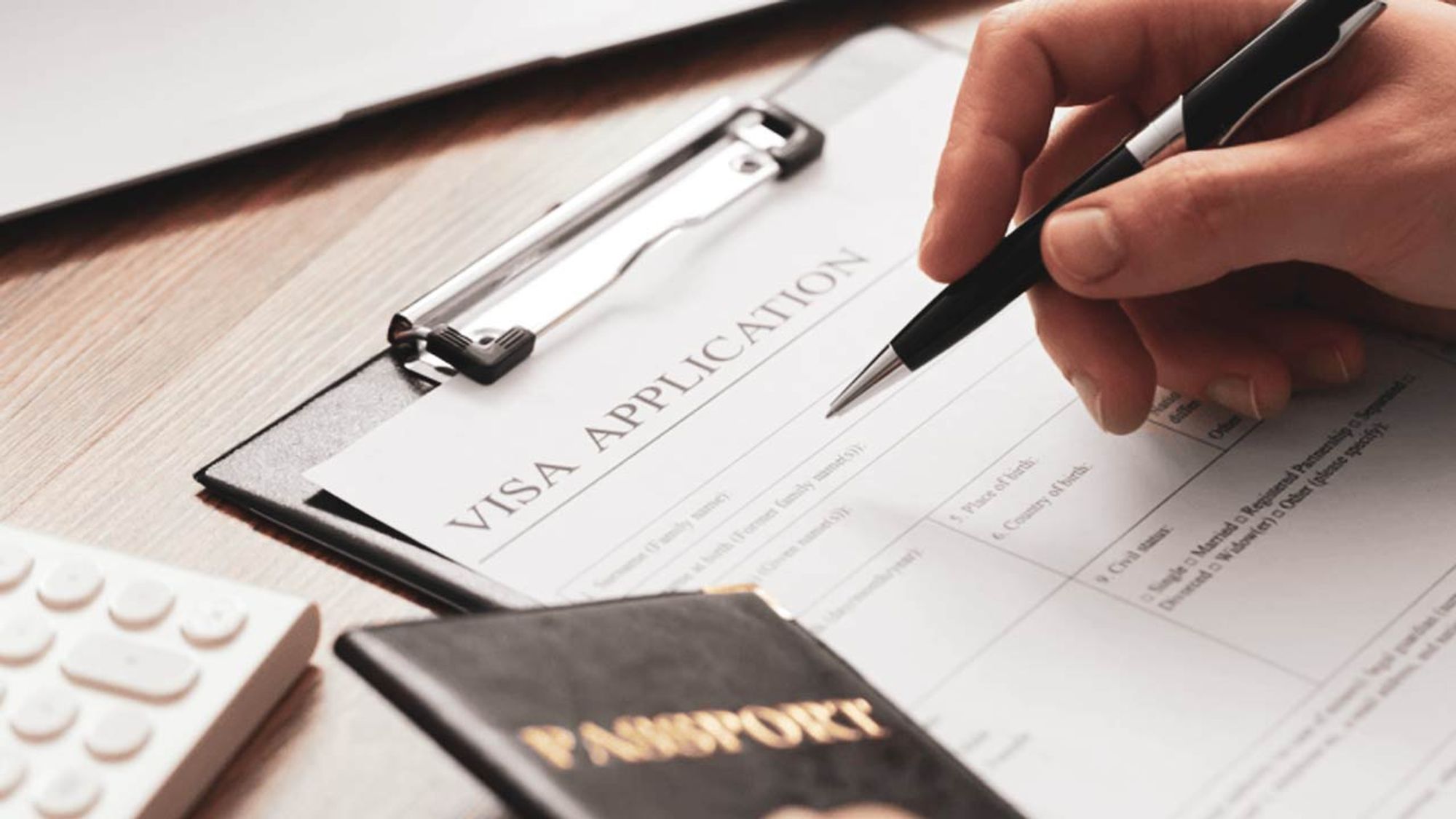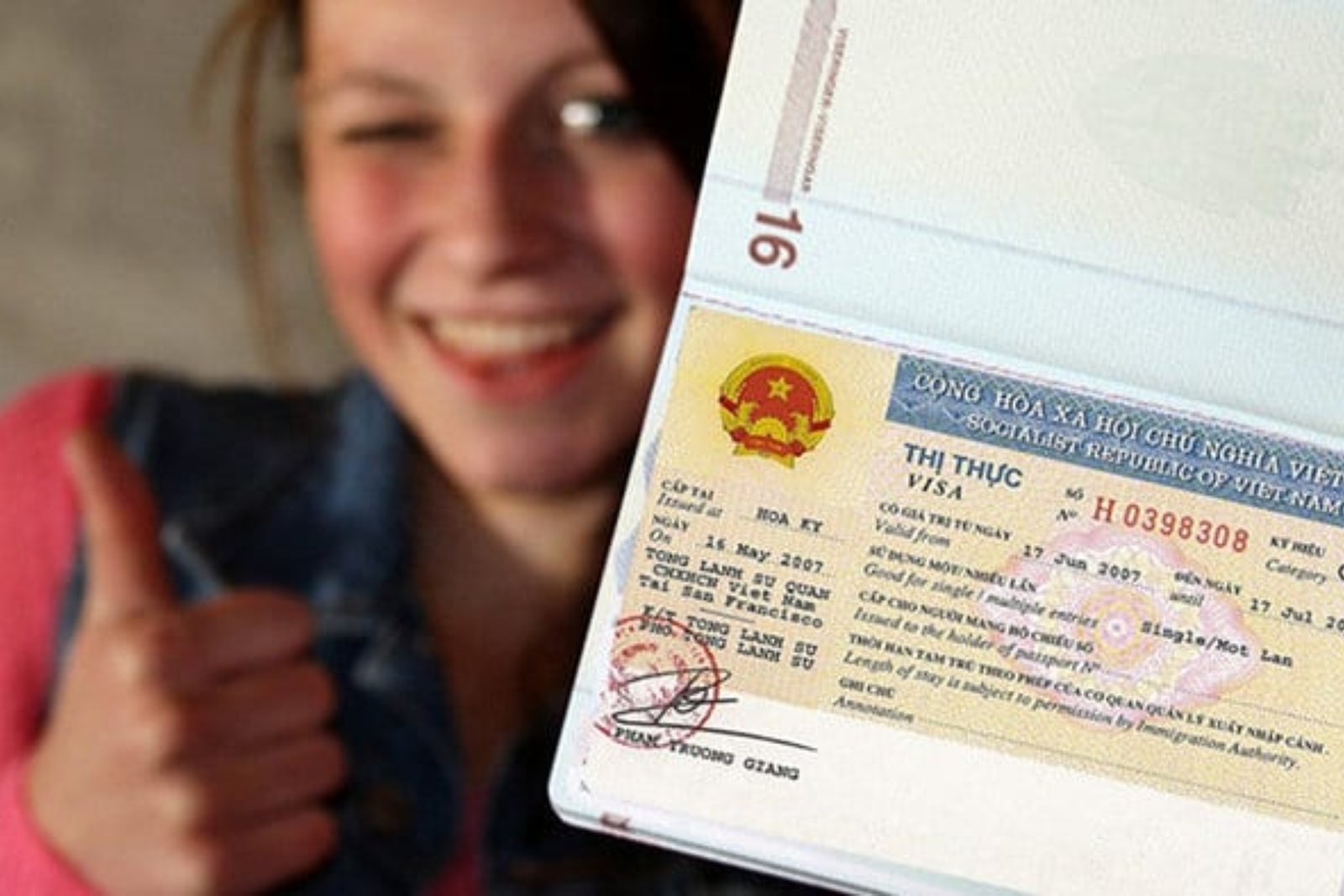
How to Apply for a Vietnam Visa from Malaysia in 2025: A Step-by-Step Guide
As travel between Malaysia and Vietnam continues to flourish in 2025, understanding How to Apply for a Vietnam Visa from Malaysia in 2025 has become essential for Malaysians planning trips for tourism, business, or family visits. This guide provides a comprehensive overview, highlighting the latest updates, streamlined processes, and expert insights to make your application seamless and stress-free, ensuring you can focus on the excitement of exploring Vietnam’s vibrant culture and landscapes.
Introduction: Navigating the Vietnam Visa Process from Malaysia in 2025

The process of obtaining a Vietnam visa from Malaysia in 2025 has evolved significantly, thanks to digital advancements and bilateral agreements that simplify travel for Malaysians. With Vietnam’s growing appeal as a destination for everything from bustling city adventures in Hanoi to serene beach escapes in Da Nang, knowing how to navigate the visa landscape is crucial. This section sets the stage by exploring the broader context of visa applications, the impact of recent policy changes, and why Malaysians should pay close attention to these updates for a hassle-free experience.
The Evolution of Vietnam Visa Policies for Malaysians
In 2025, the Vietnam visa process has undergone notable transformations, driven by technological innovations and post-pandemic recovery efforts. The Vietnamese government has expanded its e-visa program, making it more accessible for Malaysians, who can now apply online without the need for extensive paperwork or embassy visits. This shift not only reduces processing times but also aligns with Malaysia’s own digital initiatives, fostering easier cross-border mobility. Historically, visa applications were mired in bureaucratic delays, but today, applicants benefit from real-time tracking systems and multilingual support, which enhance transparency and user experience.
For Malaysians, this evolution means greater flexibility in planning trips, whether for short vacations or extended stays. The introduction of visa-on-arrival options for certain categories has further streamlined entry, but it’s important to understand the eligibility criteria to avoid surprises at the border. This change reflects Vietnam’s strategy to boost tourism, with Malaysians being a key demographic due to geographical proximity and cultural ties. As a result, travelers can expect a more welcoming process, provided they prepare adequately. The focus on digitalization also encourages Malaysians to leverage apps and online portals, turning what was once a tedious task into a convenient, modern procedure.
Moreover, the geopolitical context in 2025, including strengthened ASEAN partnerships, has influenced visa policies to promote regional travel. Malaysians might find that reciprocal agreements lead to faster approvals or even visa exemptions for specific purposes. However, this comes with the responsibility of staying informed about updates, as policies can change based on global events. By embracing these developments, applicants can transform the visa process from a potential obstacle into an opportunity for efficient travel planning, ensuring that the journey begins on a positive note.
Key Challenges and Opportunities in the Application Process
One of the primary challenges Malaysians face when applying for a Vietnam visa in 2025 is navigating the array of options available, from e-visas to embassy submissions, each with its own set of requirements. With the rise of online scams and misinformation, verifying authentic sources becomes paramount, as fraudulent websites can lead to application denials or financial losses. On the flip side, opportunities abound, such as the ability to apply directly via official government portals, which offer 24/7 support and expedited services for an additional fee. This duality underscores the need for thorough research and preparation.
In practice, Malaysians can turn these challenges into advantages by utilizing community forums and official advisories, which provide real-world insights from fellow travelers. For instance, sharing experiences on platforms like Reddit or Malaysian travel groups can reveal tips on common pitfalls, such as incorrect photo formats or overlooked health declarations. The opportunities extend to economic benefits, as a smoother visa process encourages more Malaysians to explore Vietnam, potentially boosting personal growth through cultural immersion and adventure.
Ultimately, the key to success lies in proactive engagement with the process. By anticipating potential issues and leveraging available resources, applicants can not only secure their visas efficiently but also enhance their overall travel experience. This approach ensures that the focus remains on the excitement of the trip rather than administrative hurdles.
Why Malaysians Should Plan Ahead for 2025 Visa Applications
Planning ahead is more critical than ever for Malaysians seeking a Vietnam visa in 2025, given the seasonal surges in applications during peak travel periods like Tet holiday or summer vacations. The Vietnamese authorities have implemented caps on daily visa issuances in some cases, making early submission a strategic move to avoid delays. This foresight allows travelers to align their applications with personal schedules, whether they’re organizing group tours or solo adventures.
Beyond timing, understanding the cultural and legal nuances can make a significant difference. For example, Malaysians with dual citizenship or prior travel history might qualify for expedited processing, turning what could be a standard application into a swift approval. This level of preparation not only minimizes stress but also opens doors to extended stays or multiple entries, enriching the travel experience.
In essence, by prioritizing advance planning, Malaysians can ensure a seamless transition from application to arrival, making their Vietnamese escapades truly memorable.
Understanding Visa Requirements: Who Needs a Vietnam Visa from Malaysia?
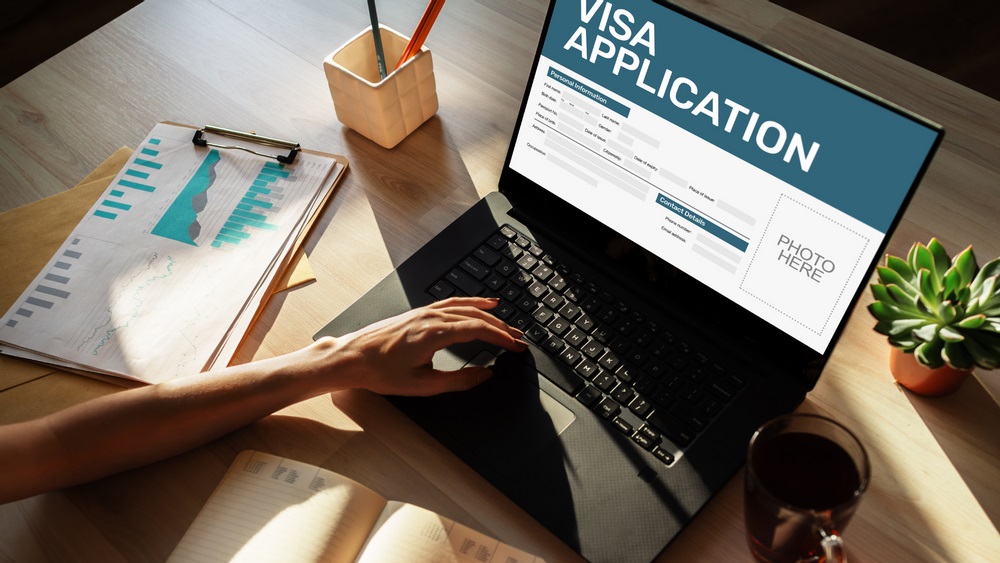
Determining whether you need a Vietnam visa as a Malaysian citizen in 2025 involves assessing various factors, including the purpose and duration of your trip. With evolving immigration policies, it’s essential to grasp the nuances that could affect eligibility, ensuring you’re well-prepared to avoid any last-minute complications.
Visa Exemption Criteria for Malaysians in 2025
Malaysian passport holders enjoy certain visa exemptions when traveling to Vietnam, but these are subject to specific conditions that have been refined in 2025. For short stays, typically up to 15 or 30 days, exemptions apply for tourism or business purposes, provided the visit is under the stipulated duration. This policy, influenced by ASEAN agreements, allows seamless entry without prior visa arrangements, but only if travelers meet health and security requirements, such as valid COVID-19 vaccination proofs or electronic travel authorizations.
However, not all scenarios qualify; for instance, if your trip extends beyond the exemption period or involves activities like employment or study, a full visa application becomes necessary. The Vietnamese government has tightened these rules to manage tourism flows, meaning Malaysians must verify their passport’s validity and entry points. In practice, this exemption serves as a gateway for spontaneous getaways, yet it underscores the importance of double-checking official sources to prevent entry denials, which can disrupt travel plans.
Overall, while exemptions offer convenience, they represent a double-edged sword. On one hand, they facilitate cultural exchanges and economic ties between Malaysia and Vietnam; on the other, misuse can lead to penalties. By understanding these criteria deeply, travelers can leverage exemptions effectively, turning potential barriers into effortless opportunities for exploration.
Special Cases: When Exemptions Don’t Apply
There are instances where Malaysian citizens might not qualify for visa exemptions, particularly if their travel involves sensitive activities or extended durations. In 2025, individuals planning to work, invest, or engage in journalism in Vietnam must secure a proper visa, as exemptions are strictly for leisure or short-term visits. This distinction aims to regulate migration and protect local job markets, requiring applicants to provide detailed itineraries and supporting documents.
The process becomes more complex for those with criminal records or prior immigration violations, who may face additional scrutiny. For example, a Malaysian with a history of overstaying in another country could be flagged during entry, necessitating a visa application well in advance. This level of oversight, while protective, highlights the need for transparency and honesty in all declarations, as inconsistencies can result in long-term travel bans.
Despite these challenges, understanding special cases empowers Malaysians to navigate them strategically. By consulting immigration experts or using official pre-check tools, applicants can address potential issues early, ensuring their trips proceed without hitches and fostering a positive relationship with Vietnamese authorities.
Impact of Global Events on Visa Needs
Global events, such as health crises or geopolitical shifts, continue to shape Vietnam’s visa requirements for Malaysians in 2025. Recent updates have introduced mandatory health screenings or digital health passes, reflecting lessons from the pandemic and emphasizing traveler safety. This means that even exempt travelers must comply with these protocols, which can vary based on Vietnam’s current risk assessments.
For Malaysians, this translates to staying informed about international advisories, as sudden changes could revoke exemptions or impose new fees. The positive aspect is that these measures often lead to safer, more organized travel, with enhanced infrastructure at airports and borders. Ultimately, by adapting to these influences, travelers can maintain flexibility in their plans, turning potential disruptions into informed decisions that enhance their overall journey.
Vietnam Visa Types for Malaysians: Choosing the Right Visa for Your Trip (2025)
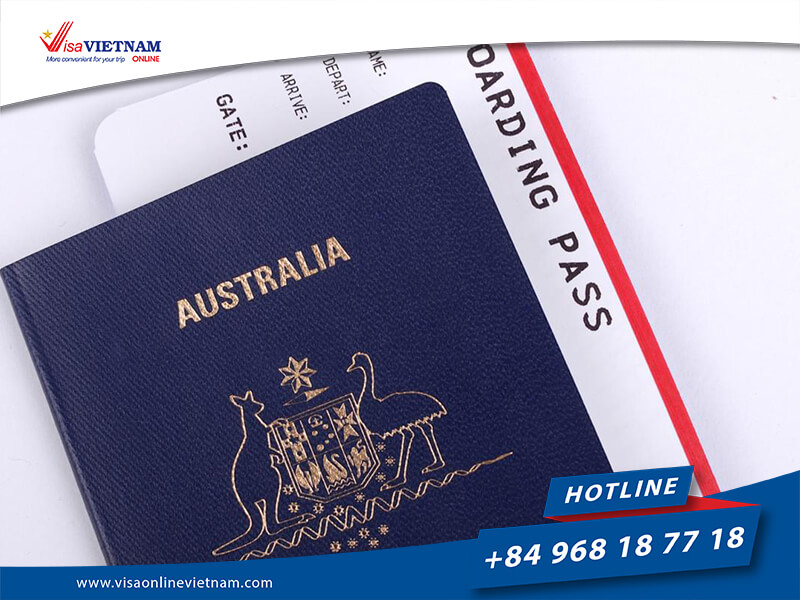
Selecting the appropriate Vietnam visa type as a Malaysian in 2025 can significantly influence your travel experience, with options tailored to various purposes from leisure to business. This decision requires careful consideration of stay duration, activities, and future plans.
Tourist Visas: Ideal for Leisure Travel
Tourist visas have become a popular choice for Malaysians seeking to explore Vietnam’s attractions, offering flexibility for short-term visits. In 2025, these visas allow stays of up to 30 or 90 days, depending on the single or multiple-entry options, and can be applied for via e-portal for quick processing.
Exploring the application details reveals that eligibility hinges on providing proof of accommodation and return flights, ensuring applicants demonstrate a clear intent for tourism. This requirement not only streamlines approvals but also encourages responsible travel, as it prevents misuse for other purposes.
For Malaysians, the tourist visa opens doors to immersive experiences, from historical site visits to culinary tours, making it a gateway to cultural enrichment.
Business and Work Visas: For Professional Engagements
Business visas cater to Malaysians involved in commercial activities, with 2025 updates allowing for longer durations and easier renewals. These visas demand sponsorship letters from Vietnamese entities, highlighting the need for professional partnerships.
The process involves detailed scrutiny to verify the legitimacy of business intents, which safeguards against economic exploitation while promoting legitimate investments. This aspect ensures that Malaysians can engage in fruitful collaborations, contributing to bilateral trade.
Ultimately, choosing this visa type can lead to career advancements and networking opportunities in Vietnam’s dynamic market.
Long-Term Visas: For Extended Stays and Relocation
Long-term visas, such as those for study or family reunification, provide Malaysians with options for stays exceeding six months in 2025. Applications require comprehensive documentation, including family ties or educational acceptances, to justify the extended period.

